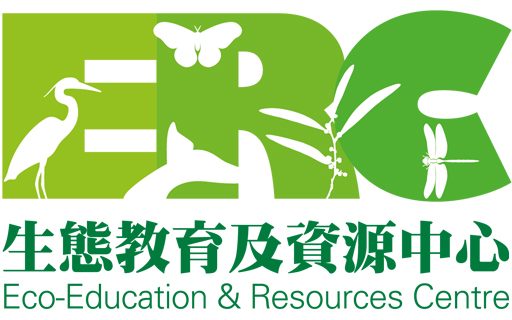a. Coral Reef Fish Survey in Palawan Island Philippines
Palawan Island is situated in the Southwestern side of the Philippines. With an area over ten thousand square kilometres, it is the fifth largest island of the country. Formerly connected to the continental shelf during the glacial period, the long narrow island is bounded by the extensive pristine coastlines. Together with the vast under-developed forest, this results the profound biodiversity in the island.
Since 2013, we have collaborated with the local conservation parties to develop a complete coral reef fish database through underwater photography, so far, we have recorded over five hundred species of fishes. This project aims to provide reliable data for the local conservation department in implementing development and conservation strategies.
b. Bird Survey in the Philippines
With the cutting-edge technology, we have designed a mobile application to provide wildlife conservation and eco-tourism services.
Collaborating with ERC Palawan, the local conservation party in Palawan Island, Philippines, we have launched a long-term bird survey on the island since 2012. We have also developed a free bird ID database in the mobile platform to foster the understanding of the avian ecology in Palawan for the local citizens and tourists.

Palawan of The Philippines has a high diversity of bird species菲律賓巴拉望島鳥類多樣性相當高 
There are about 340 species of birds have been recorded and 28 of them are endemic to the island 
Research team has been taking records of birds in different venues 
Taking photos of birds for developing mobile applications 
Launching of the mobile application in 2018 
The app has recorded about 200 bird species for promoting birding tours
c. Biodiversity Survey in Sabah
Sabah, situated in the Northern Borneo, is the second largest state in Malaysia. With a total area over seventy thousand square kilometres including a large coverage of tropical rainforest, it hosts a diverse variety of unique fauna and flora. The exceptional flora richness is recognized by the UNESCO and considered as World Heritage.
Since 2011, through citizen science, we have assembled a team of volunteers and have led university students and scholars to conduct field surveys in different habitats such as tropical rainforest, river, lake and sea in Sabah. We have recorded various species, communicated with local hospitality, tour guiding and tourism sectors and provide professional ideas to help the Sabah Government in developing a complete strategic plan in eco-tourism and natural conservation.
Today we have recorded over 1000 species in Sabah and have started the data analysis for developing a mobile application for the biodiversity in Sabah.





